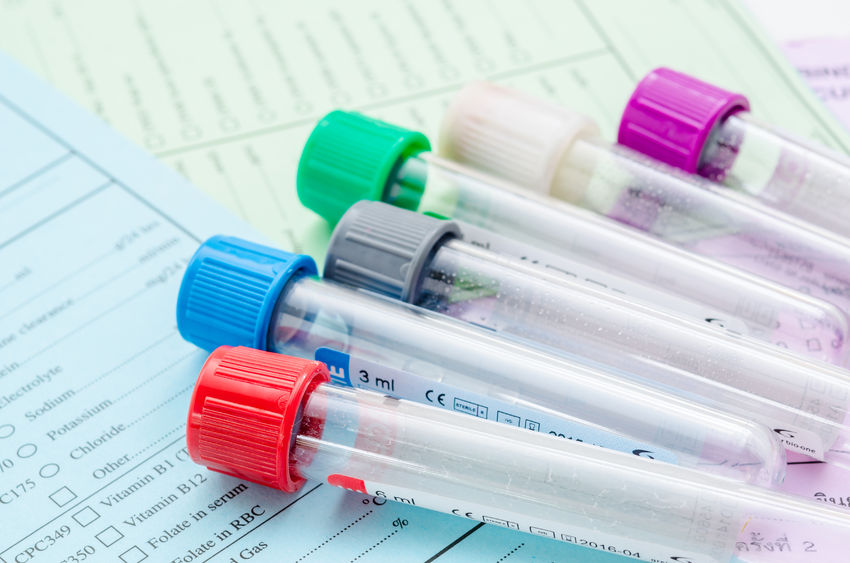
C Peptide Fasting
Also known as C Peptide Fasting BloodWhat is this test?
The C-Peptide Fasting test measures the C-peptide levels in the blood after 8 to 12 hours of fasting or whole night fasting.
what is C-peptide?
C-peptide is a short 31 amino acid polypeptide produced in the pancreas along with insulin. Insulin is a hormone produced in the beta cells of the pancreas. This hormone controls the sugar levels in the blood. Lack of an adequate amount of this hormone in the body is a sign of diabetes. Since C-peptide and insulin are produced from the pancreas at the same rate, it can show how much insulin your body is making.
Why this test is performed?
This test is performed to diagnose high or low blood glucose levels in the body, helps to distinguish between type 1 and type 2 diabetes, detect insulin resistance, monitor patients who have received islet cell or pancreatic transplants and helps to evaluate insulin production in the pancreas. The doctor may ask to get this test done if you experience symptoms of low blood glucose levels such as increased hunger, sweating, nervousness, blurred vision, rapid or irregular heartbeat, fainting, confusion, seizures or loss of consciousness. This test may also help to diagnose insulinomas, a condition in which a tumor of islet cells in the pancreas overproduces insulin and C-peptide in the body resulting in acute episodes of hypoglycemia.
Frequency:
If you have a family history of Hyperglycemia or Hypoglycemia, your doctor may ask you to perform this test on a 6-monthly basis or a yearly basis. Diabetic patients should perform this test on a regular basis, as instructed by the doctor.
Test Preparation
Inform your doctor if you are on any medications, have any allergies or underlying medical conditions before your C Peptide Fasting. Your doctor will give specific instructions depending on your condition on how to prepare for C Peptide Fasting.
For C-peptide fasting blood test, you may need to fast (not eat or drink anything but water) for up to 8 to 12 hours prior to the test.
Understanding your test results
If the test result falls in the normal reference range generally no medical intervention is necessary.
Low levels of C-peptide may indicate a low level of insulin production in the body. This can be due to a poorly functioning pancreas, Type 1 diabetes, Type 2 diabetes, an adrenal gland disorder, or liver disease. This may also occur when the insulin production is suppressed by diabetes treatment with exogenous insulin. Decreased levels of C-peptide in individuals with insulinoma depicts a response to treatment.
High levels of C-peptide may indicate a high level of insulin production in the body. This can be due to kidney disease, insulin resistance, or Cushing’s syndrome, an endocrine disorder in which the body makes too much cortisol. High levels of insulin are also seen in individuals with a condition called insulinomas. Insulinomas is a condition in which a tumor of islet cells in the pancreas overproduces insulin and C-peptide in the body resulting in acute episodes of hypoglycemia (low blood glucose levels). Symptoms of low blood glucose levels are increased hunger, sweating, nervousness, blurred vision, rapid or irregular heartbeat, fainting, confusion, seizures or loss of consciousness. Increased levels of C-peptide in individuals with insulinoma receiving treatment depicts a poor response to treatment or indicate a tumor recurrence.
If you have higher or lower than normal levels of C-peptide, consult your doctor for further instructions. Based on the test results, your doctor may advise appropriate medical treatments, lifestyle modifications, or further diagnostic tests.
| Gender | Age groups | Value |
| UNISEX | All age groups | 0.4 - 2.1 ng/ml |

